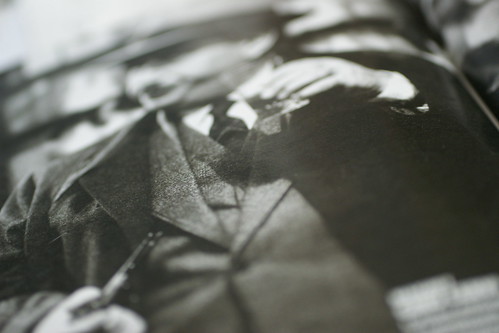With Simenon it's a different thing. Eventhough written between the 30's and the 70's Paris remains the same. Architecture, streets and even some stores! It is easy to be part of a city that, although many years have passed, it gives you the same feelings of the past. The city though it's always depicted as cold, rainy with the windows covered by thin condensation. All of which created a familiar dimension with the reader, maybe his main characteristic of a city filled with mysteries! As historians said, maybe it is because the bad weather is always associated with a refuge, a heater, a pipe that both Simenon and Maigret loved to smoke. The rain and all the shadows of grey become too the main characters of the story. As I always visit Paris when there is the sun it is strange yet fascinating feeling it with rain and fog and yes... murders! I thought that maybe the weather has changed through the years. But maybe not. Is it possible that the dark side of Simenon's novels were dictated by some darkness in his life? Probably. Ultimately you never stop discovering people. As they are like paintings. You see what's presented to you but often not behind. Maybe Paris was really foggy and humid. Or maybe that's how personal feelings were translated.
Have a Great Weekend.
-
[image: Carolyn Bessette JFK Jr.]
What are you up to this weekend? We are having people over tonight for
pizza and green salad, and on Sunday we’re going...
1 day ago
















0 comments:
Post a Comment